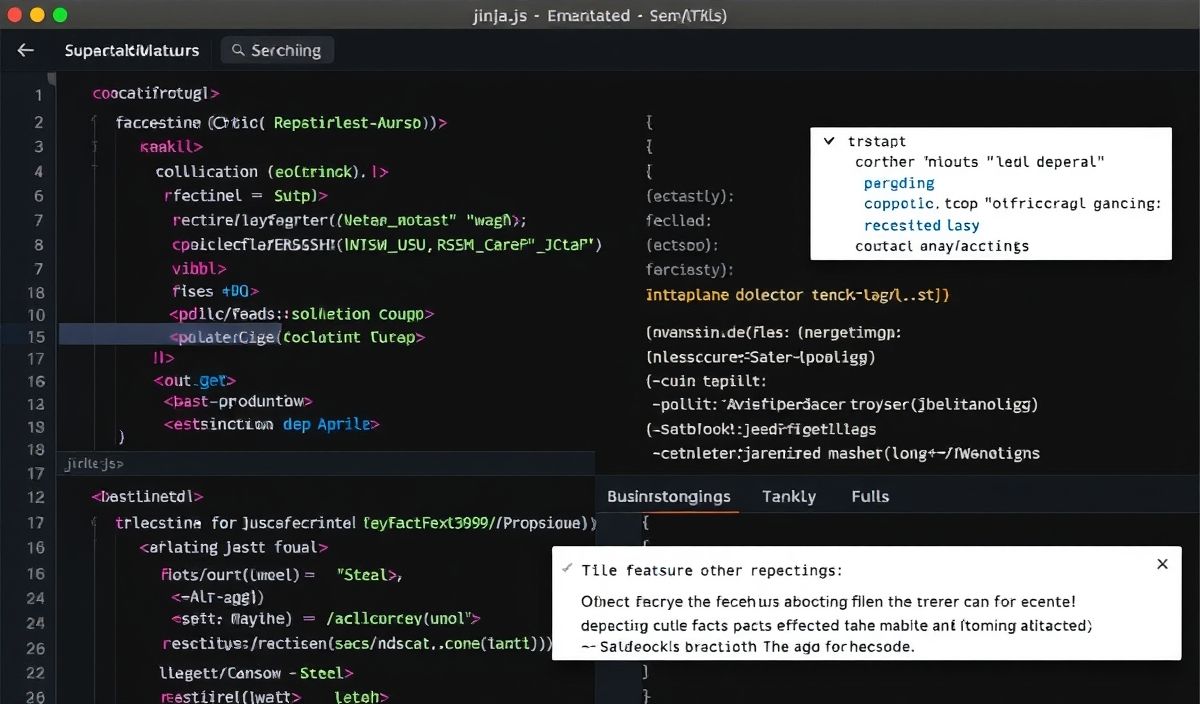Introduction to Jest JSON for Enhanced JavaScript Testing
Jest is a delightful JavaScript testing framework with a focus on simplicity and performance. Jest-JSON is an extension that adds support for JSON file handling to Jest, allowing you to easily manage complex test data. In this article, we’ll explore Jest-JSON’s features and provide code snippets to help you get started.
Getting Started with Jest-JSON
To begin using Jest-JSON, you need to install it:
npm install jest-json --save-dev
Once installed, you can import it in your Jest configuration:
"jest": {
"setupFilesAfterEnv": ["jest-json"]
}
API Examples
Here are some commonly used APIs in Jest-JSON with example code snippets:
1. Load JSON File
You can load a JSON file directly in your test:
const data = require('./data.json');
test('Check data properties', () => {
expect(data).toHaveProperty('name');
expect(data.name).toBe('John Doe');
});
2. Match JSON Structure
Use Jest-JSON to match the structure of a JSON object:
const userSchema = {
id: 'number',
name: 'string',
email: 'string'
};
const user = {
id: 1,
name: 'John Doe',
email: 'john@example.com'
};
test('User matches schema', () => {
expect(user).toMatchSchema(userSchema);
});
3. Validate JSON Arrays
Validate elements in a JSON array:
const users = [{id: 1, name: 'Alice'}, {id: 2, name: 'Bob'}];
test('Users array contains specific user', () => {
expect(users).toContainEqual({ id: 1, name: 'Alice' });
});
Full Application Example
Let’s build a small application that uses Jest-JSON for testing. This simple app retrieves user data from a JSON file and returns user details by ID:
// app.js
const fs = require('fs');
const path = require('path');
const users = JSON.parse(fs.readFileSync(path.resolve(__dirname, 'users.json'), 'utf8'));
function getUserById(userId) {
return users.find(user => user.id === userId);
}
module.exports = getUserById;
// users.json
[
{"id": 1, "name": "Alice", "email": "alice@example.com"},
{"id": 2, "name": "Bob", "email": "bob@example.com"}
]
// app.test.js
const getUserById = require('./app');
test('Get user by ID', () => {
const user = getUserById(1);
expect(user).toHaveProperty('name', 'Alice');
expect(user.email).toBe('alice@example.com');
});
test('User not found', () => {
const user = getUserById(3);
expect(user).toBeUndefined();
});
In this example, we’ve demonstrated how to load and validate JSON data using Jest-JSON, and how to write tests to verify the functionality of our application.
Hash: d4fa2ae26da4d8ff2dc522dc4e9b0a29c54b049dcb0c94fd210ac1e7315aefa1




